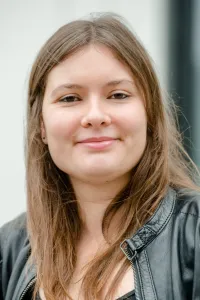Bachelor 2 subject
Slavonic Studies, Bachelor 2 subject
- How does one learn a language and then learn further languages?
- How is speech processed by the brain?
- How have Slavic literatures and cultures developed, and what is happening in Central (Eastern) European countries today?
- What are the characteristics of Slavic languages and cultures?
- What happens if children grow up bilingually?
Profile |
|
|
Degree
|
Bachelor of Arts
|
|
Start
|
Winter- and summer semester
|
|
Duration
|
6 semesters
|
|
Classroom language
|
German
|
2-Subject Bachelor Programme |
| This degree programme requires a second subject for which advanced knowledge of German language is mandatory. |
Other degree programs in the subject
rub


